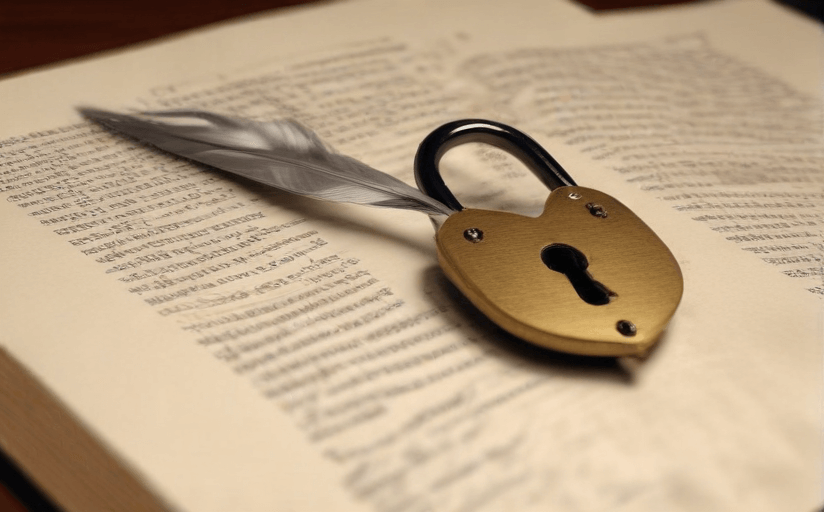The Delicate Balance between Freedom of Expression and Upholding Societal Morals in Literature
This article explores the intriguing balance between the universal right to freedom of expression and the ethical imperative to uphold societal morals in the realm of literature. An analysis of the evolution of censorship in literature is offered, marked by controversies, high-profile cases related to this subject, and their impact on both society and the literary world.
Censorship in Literature Over the Years
Censorship has long been a contentious issue in literature. In the past, books were often banned for their political or philosophical contents, as evident in the banning of George Orwell’s ‘1984’ in the Soviet Union due to perceived ideological threats. The evolution of censorship has seen a gradual shift from political to moral objections, with societal norms playing a significant role in what is deemed censorable. A great example of controversy is JK Rowling's Harry Potter series which faced extensive uproar from sectors believing it promoted witchcraft and undermined societal morals. The impact of such cases has ignited necessary dialogues on how we encode our values and who should have the mandate to impose these values?
Freedom of Expression Versus Societal Morals
The discourse around freedom of expression and societal morals presents two opposing arguments. On one hand, proponents of artistic liberty maintain that literature is a reflection of life and should therefore be allowed the space to give voice to all facets of human experience. They contend that suppressing any part of this conversation equates to an infringement of the right to freedom of speech. On the other end, advocates for moral and cultural restrictions opine that literature ought to have a measure of conservatism, as it plays a monumental role in shaping societal values, especially for the impressionable young minds.
The Current Equilibrium and Its Implications
In the current environment where culture wars are predominantly fought online, the task of maintaining equilibrium proves daunting. Balancing complete freedom of expression and maintaining societal morals requires continual negotiations and careful consideration of the potential repercussions. Excessive censorship breeds a culture of fear, inhibiting creativity, and stifling personal and societal development. Conversely, unchecked freedom can lead to propagation of harmful ideas or offensive content.
Final Reflection
From this reflection, we realize the importance of fostering a space that encourages freedom of expression while still maintaining social responsibility. This balance is delicate, to say the least, and it necessitates ongoing conversations, nuanced understanding, and collective responsibility to chart the best way forward. The act of negotiation between the right to freedom of expression and upholding societal morals is not constant- it ebbs and flows, shifts and transforms over time and space, and is shaped by the collective social conscience. Hence, it is a dynamic social practice that fuels the evolution of both literature and society.



















Comments
Leave a Comment